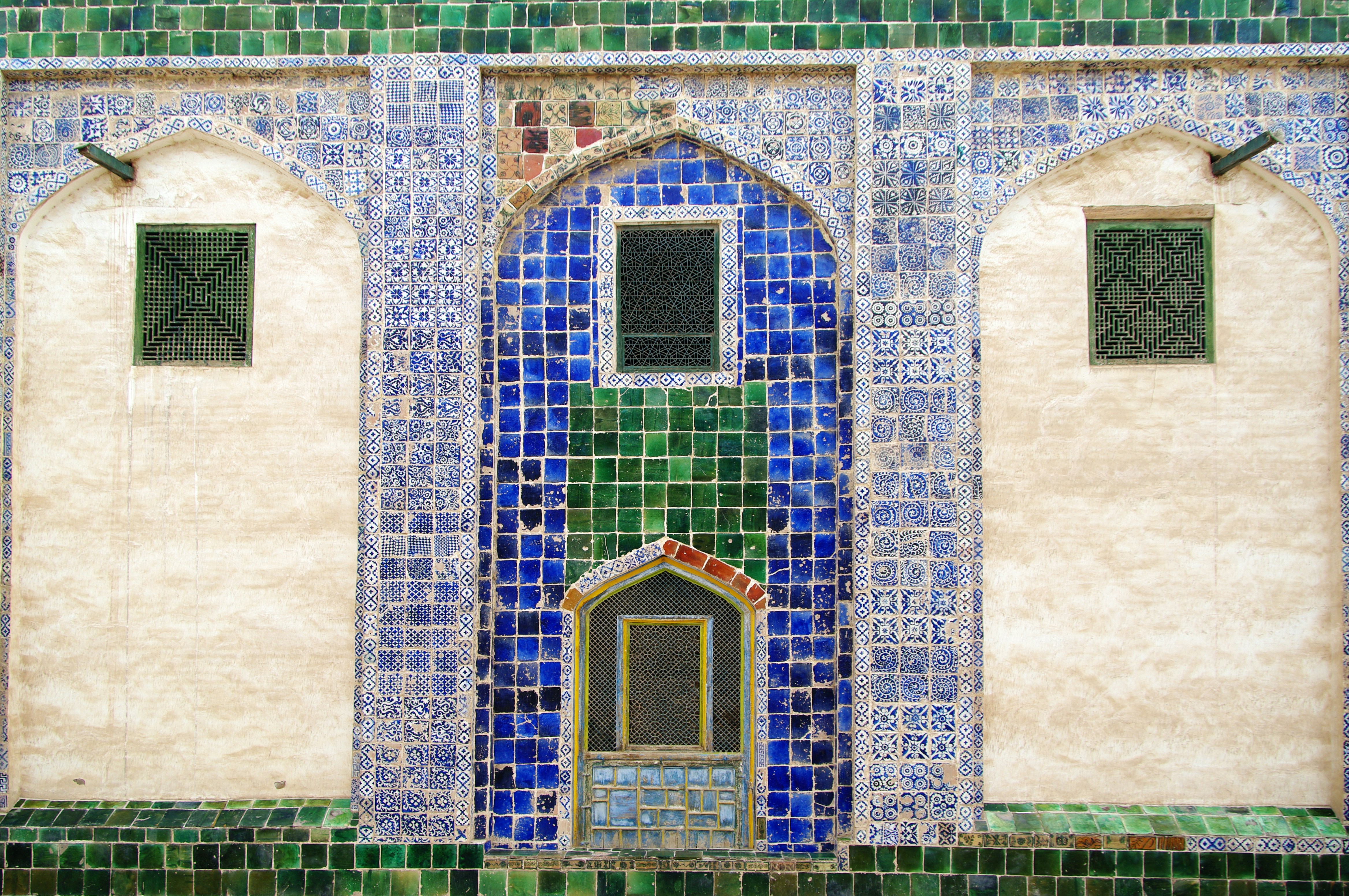
LATEST in Verse & Prose
The Squandered Prophet
“Khālid ibn Sinān is considered to have been a prophet after the time of Jesus but before the time of Muḥammad… Khālid was a man of extraordinary spiritual power, and by use of his staff was able to counter a fire that was engulfing his land in Aden. He chased the fire back into the…
Theology
Philosophy
Politics
Science
Browse Recent
Join 1,000+ readers
Receive email notifications for every new publication.












